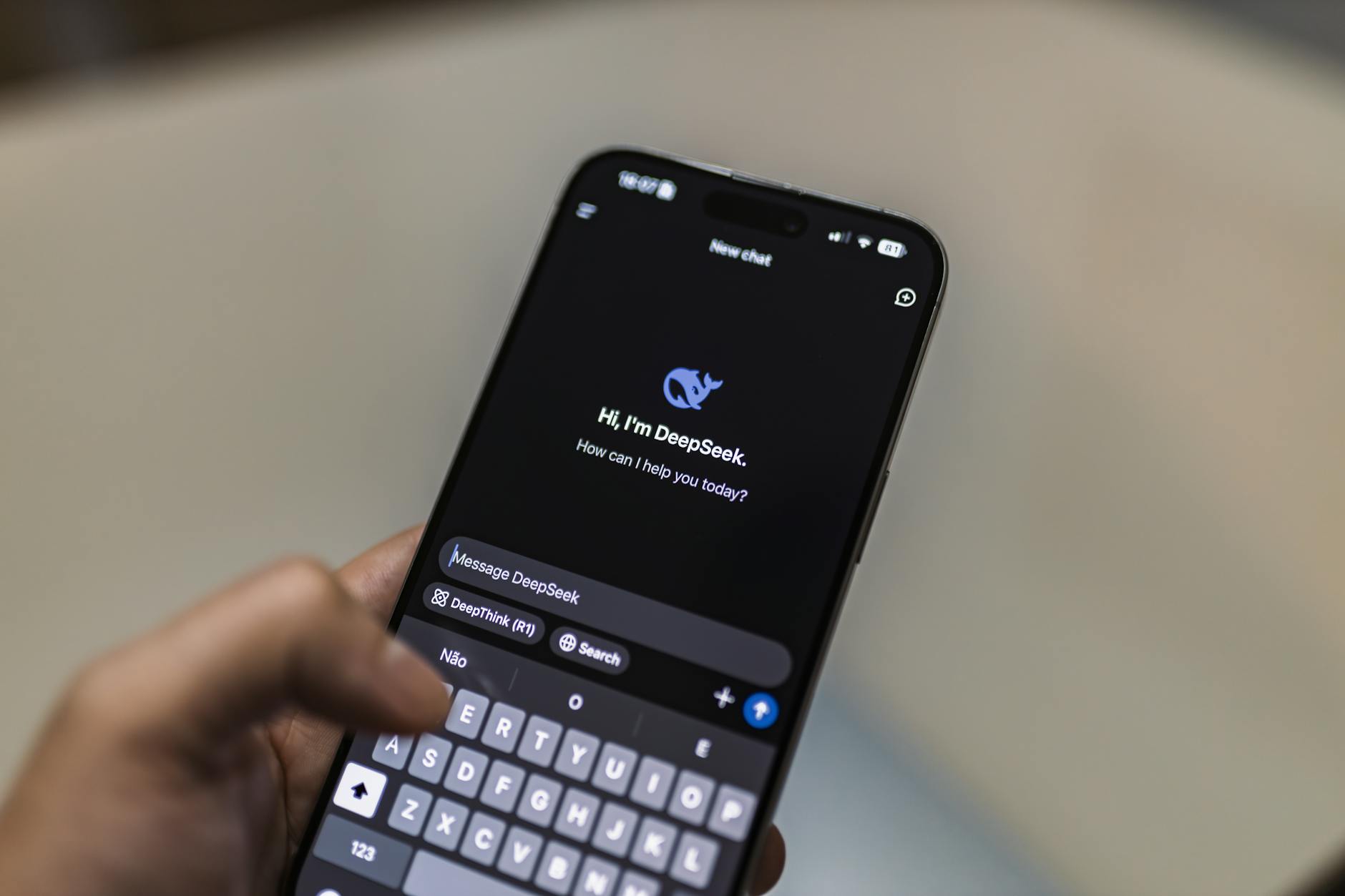Is DeepSeek Good? An In-Depth Review

Yes, DeepSeek is considered a strong AI tool, especially for users seeking technical accuracy and efficient problem-solving. It offers advanced code generation, multilingual support, and structured data extraction, making it suitable for fields like medical studies. Developed with fewer resources, DeepSeek delivers competitive performance and open-source access. Its fast rise in popularity and user-friendly design further enhance its appeal.
Overview of DeepSeek and ChatGPT
You may be wondering how DeepSeek compares to ChatGPT, especially if you’re considering which AI to use for your needs. DeepSeek, which released its R1 large language model (LLM) on January 20, 2025, has quickly gained attention by disrupting the market. It was developed with significantly fewer resources, costing less than $6 million, showcasing a different approach than OpenAI’s ChatGPT, which typically requires more extensive financial and technical resources (Tech Target).
DeepSeek’s AI assistant app achieved notable success, topping the Apple App Store shortly after its launch and even surpassing the ChatGPT mobile app’s popularity within days (Tech Target). This rapid ascent has sparked interest in its functionality and effectiveness compared to ChatGPT.
Here’s a quick comparison of the two:
| Feature | DeepSeek | ChatGPT |
|---|---|---|
| Launch Date | January 20, 2025 | November 30, 2022 |
| Development Cost | Less than $6 million | Not publicly disclosed |
| App Popularity | Topped App Store charts | Established but lower rank |
| Training Time | Efficient | Time-intensive |
User Experiences
Users have shared varied experiences with both DeepSeek and ChatGPT. Many users of DeepSeek appreciate its straightforward interface and efficient processing time for tasks. The cost-effectiveness of DeepSeek’s development has led to conversations about affordability and accessibility, especially among students and professionals entering the AI space.
Conversely, users of ChatGPT often cite its comprehensive training and vast knowledge base. Many find its conversational abilities engaging and helpful in a range of topics. However, some users have noted that ChatGPT can be less effective when it comes to specific queries.
In summary, whether you will find that DeepSeek is better than ChatGPT for medical students, largely depends on your specific needs and how you plan to leverage these AI tools. Don’t forget to explore some related topics such as is deepseek ai or llm? to gain deeper insights into each platform’s capabilities.
DeepSeek vs. ChatGPT in Medical Studies
When it comes to utilizing AI for medical studies, comparing DeepSeek and ChatGPT helps you understand which tool might serve your needs better. This section focuses on their features and evaluates their performance, emphasizing how they cater specifically to the medical field.
Features Comparison
DeepSeek and ChatGPT offer various features, each tailored toward unique user requirements. Here’s a side-by-side comparison to help you decide which might be better for your medical studies:
| Feature | DeepSeek | ChatGPT |
|---|---|---|
| Advanced Code Generation | Excels in technical accuracy and complex algorithmic reasoning. | Offers general capabilities without deep technical focus. |
| Multilingual Support | Supports multiple languages, including Spanish, German, French, and several Asian languages. | Primarily strong in English with limited multilingual options. |
| Data Extraction | Integrates with Crawl4AI for structured data extraction from web pages. | No built-in data extraction features but can generate text responses. |
| Cost Efficiency | Developed with fewer resources yet delivers powerful performance, costing less than $6 million. | Built on extensive infrastructure, typically requiring more resources. |
| Open-Source Availability | Provides free LLM models for flexible use. | Not open-source; operates within a paid model. |
This comparison shows that DeepSeek targets functionality relevant to data extraction and problem-solving in medical studies, making it a compelling alternative to ChatGPT.
Performance Evaluation
Evaluating performance in the context of medical studies requires analyzing how well each tool handles tasks relevant to healthcare professionals. Here’s how DeepSeek and ChatGPT stack up based on user feedback and empirical data:
| Evaluation Metric | DeepSeek | ChatGPT |
|---|---|---|
| Technical Accuracy | High – known for solving complex problems step by step (DigitalOcean) | Moderate – effective for general inquiries but lacks depth in technical accuracy. |
| Problem-Solving Ability | Excellent – designed for reasoning and complex issue resolution (BotPenguin). | Good – can handle straightforward problems but may struggle with complexity. |
| User Experience | Positive feedback for its structured response and data extraction capabilities. | Generally positive but can sometimes yield inconsistent results. |
| Suitability for Medical Studies | Well-suited due to its advanced coding and multilingual support. | Versatile but may not always meet the specific demands of medical inquiries. |
It’s evident that if your focus is on technical accuracy and structured data extraction for medical purposes, DeepSeek presents a strong case. On the other hand, if you need a generative tool for broader questions, ChatGPT might suffice. For more insights into their comparison, check out is deepseek better than chatgpt for medical students?.